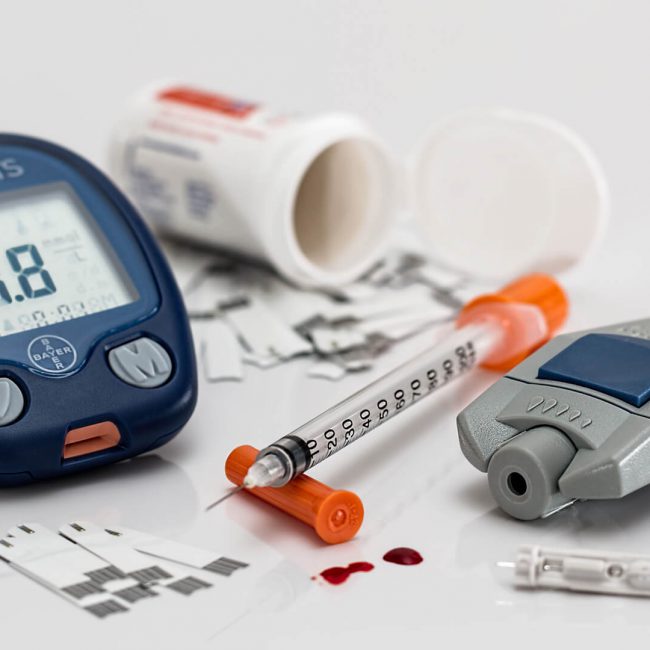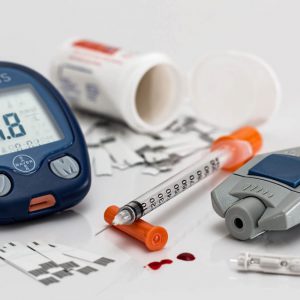PCT (Procalcitonin) Quantitative Test is a fluorescence immunoassay for quantitative measurement of Procalcitonin (PCT) in human whole blood, serum or plasma. It is used for diagnosis and control the treatment of severe, bacterial infection and sepsis.
1. Diagnosis of bacteremia and septicemia in adults and children (including neonates). 2. Diagnosis of renal involvement in urinary tract infection in children. 3. Diagnosis of bacterial infection in neutropenic patients. 4. Diagnosis, risk stratification, and monitoring of septic shock. 5. Diagnosis of systemic secondary infection post-surgery, and in severe trauma, burns, and multiorgan failure. 6. Differential diagnosis of bacterial versus viral meningitis 7. Differential diagnosis of community-acquired bacterial versus viral pneumonia 8. Monitoring of therapeutic response to antibacterial therapy
General considerations:
-In children older than 72 hours and in adults, levels <0.15 ng/mL make a diagnosis of significant bacterial infection unlikely. -Procalcitonin (ProCT) between 0.15 and 2.0 ng/mL do not exclude an infection, because localized infections (without systemic signs) may be associated with such low levels. -Levels >2.0 ng/mL are highly suggestive of systemic bacterial infection/sepsis or severe localized bacterial infection, such as severe pneumonia, meningitis, or peritonitis. -Autoimmune diseases, chronic inflammatory processes, viral infections, and mild localized bacterial infections rarely lead to elevations of ProCT of >0.5 ng/mL.



